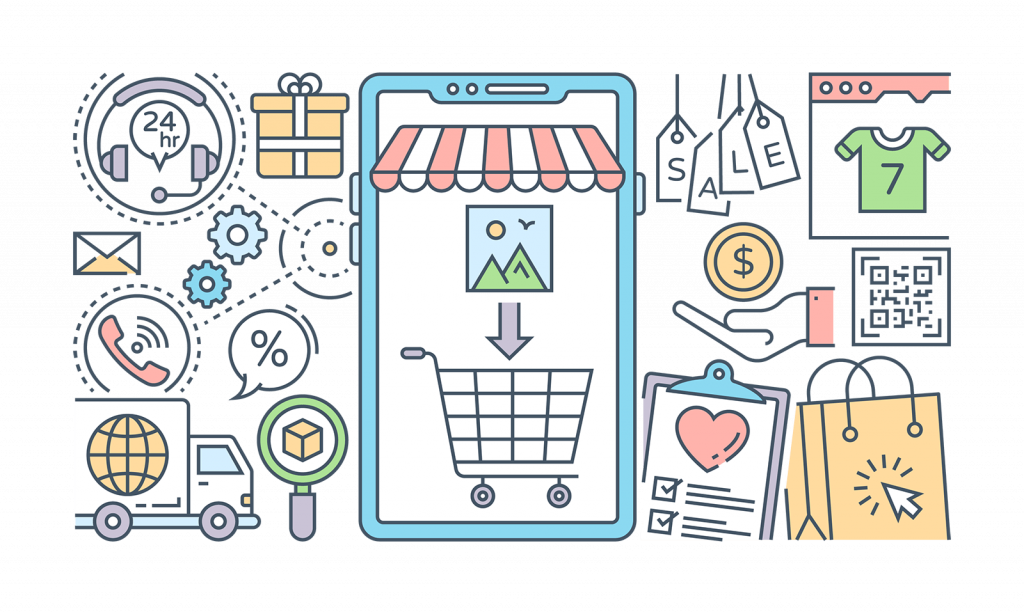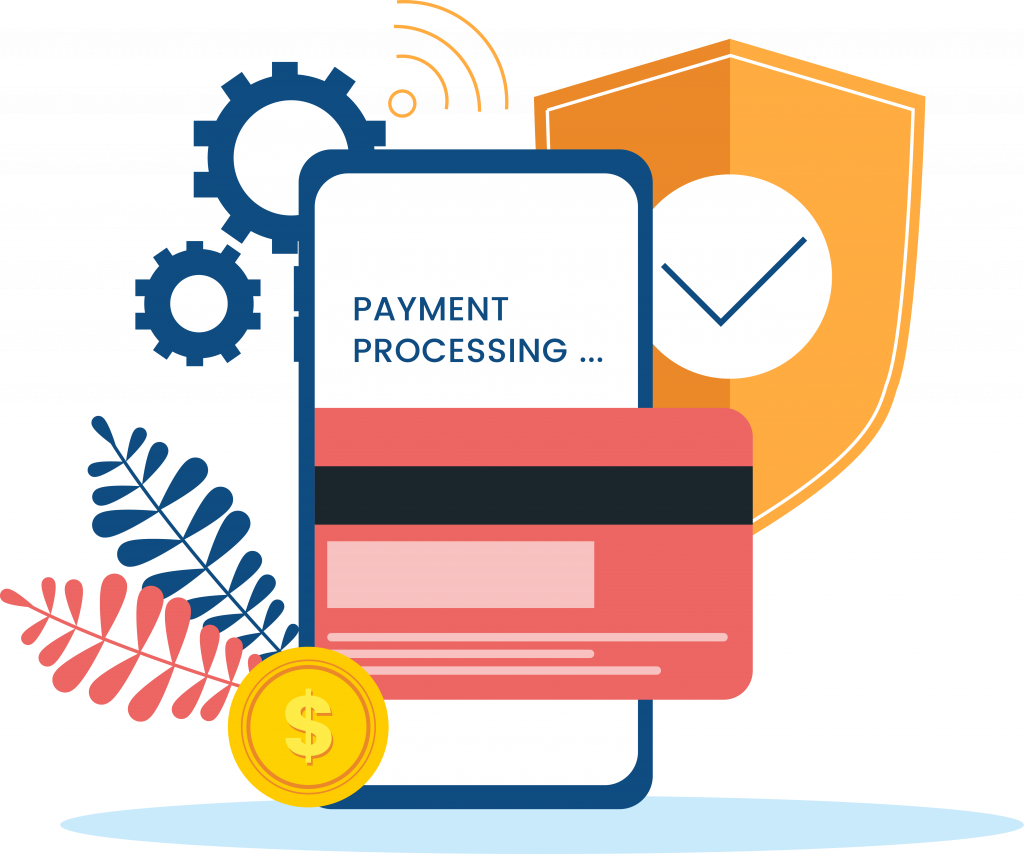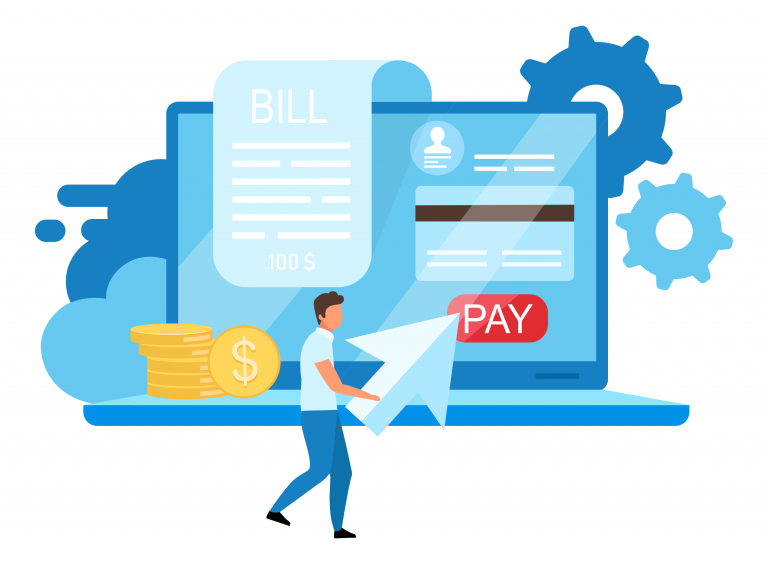Ecommerce has become one of the most popular ways to purchase and sell goods and services online. This growth has resulted in a lot of new opportunities for businesses, but it also brings with it some unique payment processing challenges. The methods for payments in eCommerce become one of the most important parts of the business.
In this article, we’ll take a look at three of the most important things you need to know about payments in eCommerce.
1. Why Payments In eCommerce Are Important

One of the key aspects of e-commerce is the ability to pay for items using your credit or debit card. In order to make payments, you need to have a payment gateway integrated into your website. This allows customers to easily purchase items through your site and pay for them using their preferred payment method.
Payments in eCommerce are important not just because they enable customers to buy items online. They also help to ensure that your website is secure and reliable. If you don’t have payments enabled, customers may be less likely to buy items from your website.
Furthermore, payments in e-commerce can help you track your customer demographics and behavior. This information can help you improve your website and tailor future marketing campaigns accordingly.
There are also options like “pay on delivery”. This payment option is used by the food industry. Simply, customers pay for orders to the food delivery when they get their orders. But after COVID, both consumers and delivery teams do not want to touch money or credit cards. Even though some ecommerce stores offer “pay on delivery”, the majority of consumers and business owners do not choose this option.
Also, payments in eCommerce are an important part of the customer journey. You do not want your customers to leave your e-commerce store without buying anything. The cart abandoned rate is an eCommerce metric that shows how many of your customers leave the product on the shopping cart without a purchase. The right payment solutions in eCommerce have a direct effect on the cart abandoned rates.
2. Types of Payment Solutions in Ecommerce

There are a variety of payment solutions in eCommerce available to your businesses. Each has its own advantages and disadvantages, so it is important to choose the right one for your business.
One of the most common payment solutions in e-commerce is credit card processing. This is the simplest option, and it allows businesses to receive payments from their customers directly. However, this solution has several disadvantages.
First, credit card processing fees can be expensive. Second, credit card companies charge high-interest rates, which can make financing a debt difficult for businesses. Third, credit card companies have a limited number of banks that they work with, so if your business grows larger than one of these banks, you may find it difficult to expand your credit card processing capabilities.
Another common payment solution in e-commerce is PayPal. PayPal allows businesses to accept payments from their customers using either a PayPal account or a PayPal account linked to a bank account. This solution has several advantages over credit card processing.
First, PayPal offers low processing fees. Second, PayPal is widely accepted, so businesses can easily accept payments from their customers around the world. Most people know PayPal and choose it as a method for payments in eCommerce.
Another popular payment solution in e-commerce is Stripe. Stripe allows businesses to accept payments from people using a credit or debit card. Simply, your customers use their credit or debit cards on your website. Then, Stripe proceeds with the payment. Stripe gets the money from the customer’s account. Finally, Stripe send the money to your account.
Stripe is a good solution for payments in eCommerce. First, Stripe has very low transaction fees. Secondly, it works very well with the European cards under the SEPA regime. Third, there is a strong fraud system on Stripe that protects you from fake or stolen credit or debit cards.
There are other solutions for payments in e-commerce that may help you.
3. How to Process Payments In Ecommerce

In eCommerce, payments play an important role in transactions. This is because payments help to secure and protect customer data. They also ensure that buyers and sellers are able to complete transactions without any problems.
There are a number of different ways to process payments in e-commerce. One way is to use credit cards. Credit cards offer convenience for both buyers and sellers, as they do not require users to enter their card details each time they make a purchase. Credit cards also have the added benefit of providing protection against fraud. The process is the same for debit cards.
However, if your customers are from Europe, it is highly possible that their credit or debit cards are under the SEPA regime. SEPA means Single Euro Payment Area. It helps people in Europe to get and send Euro to other SEPA countries in minutes. When a SEPA card is used, you will wait a couple of days. After this period, your payment processor (like PayPal or Stripe) will approve that the money is in your account.
If you are selling physical products, keep in mind that you will send the product to the customer with SEPA cards, before being sure that their card is valid. This is the general situation across the Eurozone. There is no other way for payments in ecommerce if you get orders from Euro.
Another way to process payments in ecommerce is through PayPal. PayPal is a popular payment option because it allows users to pay with their bank account or debit card. This means that buyers and sellers can easily transfer money between each other without having to enter any additional information.
Also, you can use Stripe to process payments. Stripe is easy to set up. It automatically connects to your e-commerce store and you start to get payments in seconds.
There is also the option of using digital wallets such as Apple Pay and Android Pay. These wallets allow users to make purchases by scanning a QR code or using a fingerprint scanner. This makes buying items in ecommerce more convenient than ever before.
Finally, you can use cryptos as a payment method. Your customers pay you in crypto for their purchases.
Conclusion for Payments in eCommerce
When it comes to eCommerce, payments are a major part of the equation. Not only do they help you keep your customers happy and turn them into repeat customers, but they can also help you stay afloat when times get tough.
A smooth payment process will help you to convert visitors. The right payment provider helps you to grow your business. Payments in e-commerce are key to success so be wise about the platform you choose.





